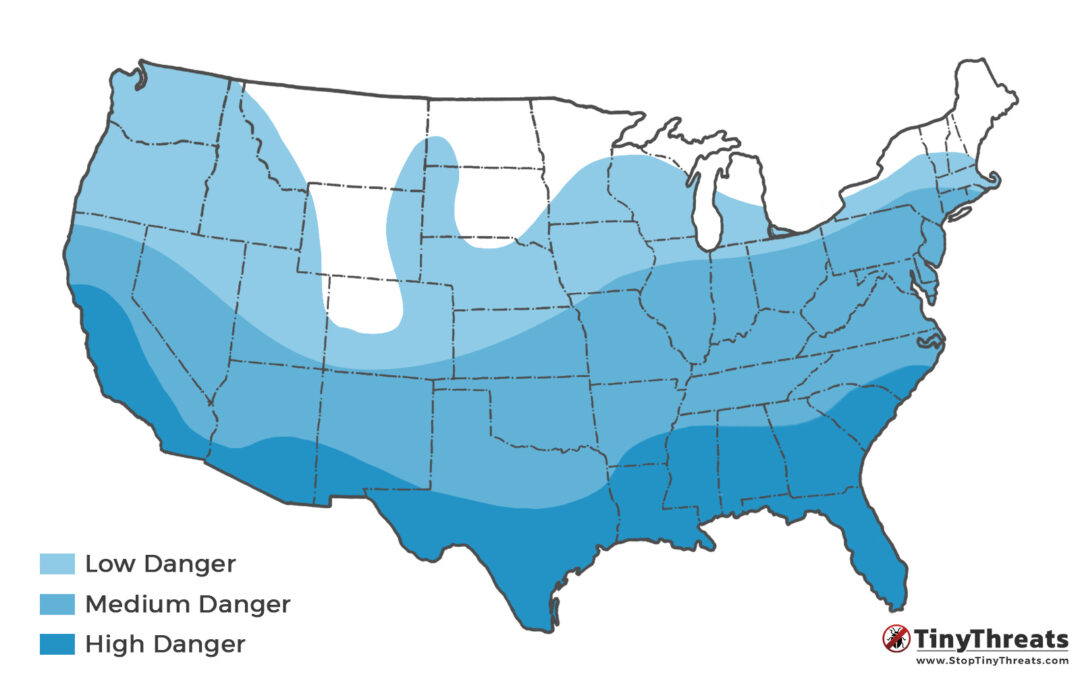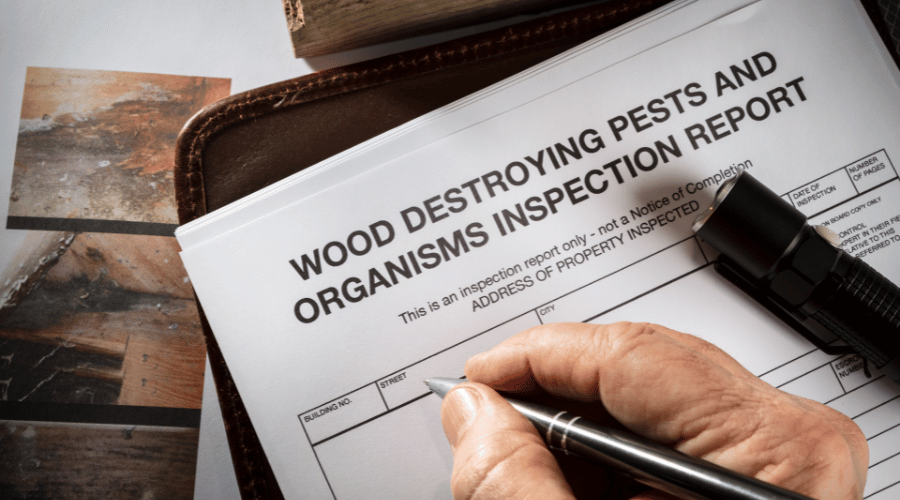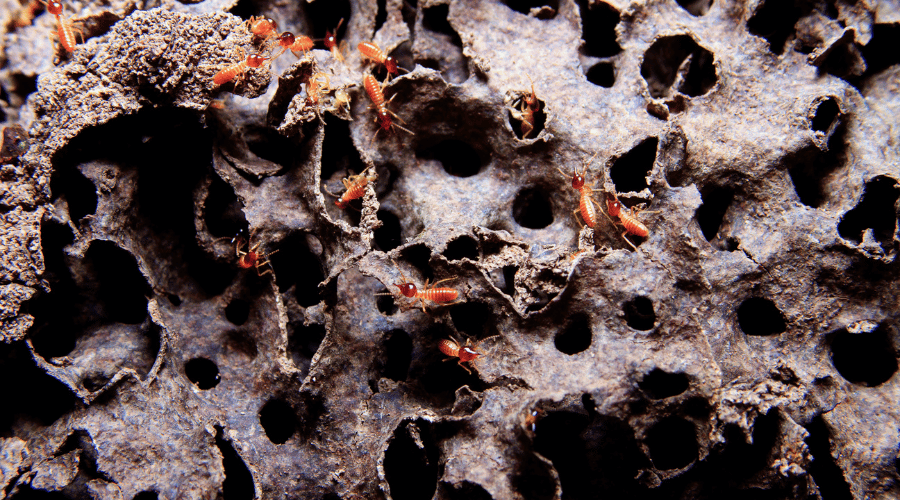Termites are a common pest that can cause a lot of damage to homes. There are many myths about termites, one of which is that cedar is immune to them.
In this article, we’ll explore if cedar is termite-resistant and what you can do to keep it safe from these destructive insects.
Keep reading if you think about using this beautiful type of hardwood for your construction project!
Table of Contents
Is Cedar termite-resistant?
Cedar is an extremely popular choice of wood for outdoor construction and furniture due to its natural resistance to termites.
It is capable of withstanding extreme fluctuations in temperature and humidity, qualities that make it particularly resistant to damage from insects like termites.
This durability comes from cedar’s naturally occurring aromatic hydrocarbon oils, which have insecticidal properties that give it a distinct odor as well as repel bugs.
The oils also prevent fungi, molds, and other microorganisms from growing on the wood, thus protecting it against decay.
In addition to the insecticides, cedar has multiple layers of softwood that provide added protection against termite infestation.
As a result, cedar can last up to three times longer than other woods used for outdoor building and furniture making.
Other popular termite-resistant hardwood choices include teak, walnut, and redwood.
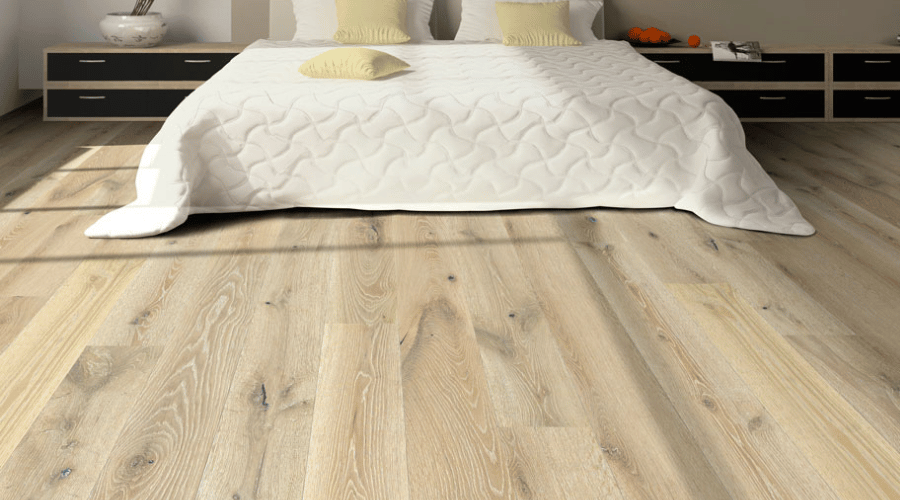
Can Termites still eat Cedar wood?
No type of wood is completely immune to termite damage, and cedar is no exception. Its natural resistances make it very durable, but termites can eat and infest cedar wood.
Regular maintenance and anti-termite wood treatments are recommended – especially if you use cedar for outdoor construction such as decks.
How to protect cedar with wood treatments
Anti-termite treatments can be beneficial for cedar wood, but it is important to use the correct one in order to achieve effective results.
One such option is pressure treatment, which involves the forced absorption of a chemical into the wood’s material to protect against termites. This process needs to be done commercially during the production of lumber to effectively prevent infestation and ensure maximum protection over longer periods of time.
An alternative would be an anti-termite borate spray that penetrates deep into the wood’s pores and prevents them from hollowing out the wood. It is applied using either a pump-up or hand-held sprayer and usually requires reapplication every few months.
Other chemical treatments may be brushed on as a liquid.
Make sure to choose a termite product that is specifically designed for hardwood. General insecticides will likely either not penetrate into the wood, making them useless; or they damage the cedar boards during application.
We recommend buying your cedar pre-treated, since commercial treatments offer the most effective and long-lasting protection. For outdoor construction, you should re-apply a treatment on dry days about twice a year.
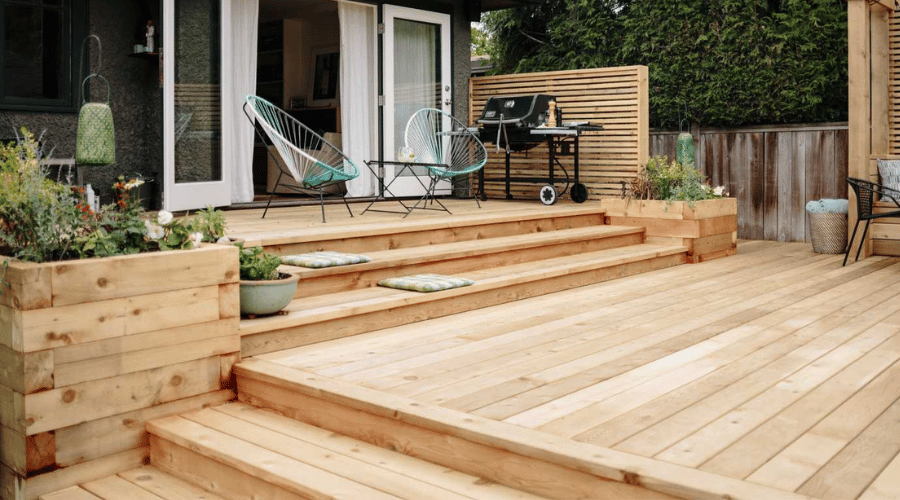
Should you use Cedar for construction?
The use of cedar in construction is gaining popularity due to its durable nature and natural resistance to termites. This wood has been favored by architects, builders, and homeowners as a long-lasting solution to framing, flooring, decks, and outdoor furniture.
Cedar is renowned for its unique combination of beauty and strength, making it an ideal choice for nearly any project.
Not only does cedar provide a natural barrier against termites, but the aromatic oils that give it its distinctive scent also help ward off other insects such as carpenter ants.
Cedar is not only resistant to insects, but is also highly durable against rot and decay which results from exposure to moisture or UV radiation from the sun.
Thus, if you are looking for a wood type for an outdoor project that won’t be damaged easily by pests or weather conditions, then using cedar for your construction projects is definitely worth considering.

